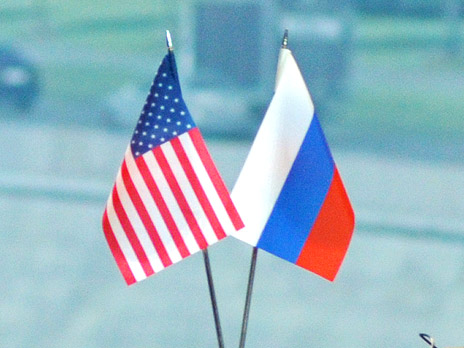Kyiv, March 30, 2014. Reuters published an exclusive material on Russia’s threatening a number of countries prior to the UN vote on Ukraine-Russia crisis. Based on the testimonies of a number of UN diplomats, who preferred to remain anonymous, Reuters reported that Moscow applied pressure to Eastern European Moldova, as well as to Central Asian Kyrgyzstan and Tajikistan, and a number of African countries. The Russian Federation (RF) threatened the states with “retaliation” in case they supported the UN General Assembly non-binding resolution declaring the Crimea referendum invalid, the envoys told the reputable international news agency.
http://www.reuters.com/article/2014/03/28/us-ukraine-crisis-un-idUSBREA2R20O20140328
The revealing material on Russia was published after its representatives accused Western states of “shameless pressure, up to the point of political blackmail and economic threats” in order to persuade as many of the 193 UN member-states as possible to condemn Crimea’s secession from Ukraine. Russian Mission to the UN refuted the threat allegations: “We never threaten anyone. We just explain the situation,” said the mission’s spokesperson.
According to the UN envoys, Russia’s warnings did not mention any specific sanctions for non-compliance. At the same time the recipients of such ‘explanations’ came to understand that supporting the Ukraine crisis resolution would lead to the migrant workers being forced out of Russia. Other possible retaliation measures included economic sanctions: cutting off the natural gas supplies and halting imports.
Consequently, 11 countries voted against the resolution on Russia-Ukraine military conflict: Kremlin-headed Collective Security Treaty Organization states (Armenia, Belarus, Russian Federation), as well as other Moscow’s counterparts – Bolivia, Cuba, Nicaragua, North Korea, Syria, Sudan, Venezuela and Zimbabwe.
Moldova decided to support Ukraine and join the EU and the U.S. in voting “yes” for the resolution. Although some diplomats from the third countries stated that Moscow pressured Moldova, the Ambassador of Moldova to the UN told Reuters that there really was a discussion with Russia, but he could neither confirm nor deny the threats. Yet, he told Reuters that the EU did not pressure Moldova to vote in favor of the resolution.
Even with all the foul play on the Kremlin’s part, a total of 100 UN member-states cast their votes in support of the resolution. Notably, 24 UN countries decided not to cast their votes. Both Ukrainian and foreign diplomats called the vote a success for the Eastern European country. They commented that even though the resolution was of a non-binding nature, the vote demonstrated Russia’s isolation on the Crimea occupation issue. Suffice it to say on Saturday, March 15, 2014, the UN resolution declaring the plebiscite in Crimea illegal was not passed by the UN Security Council when 13 members voted in favor, China abstained and Russia as a permanent council member used its veto.




